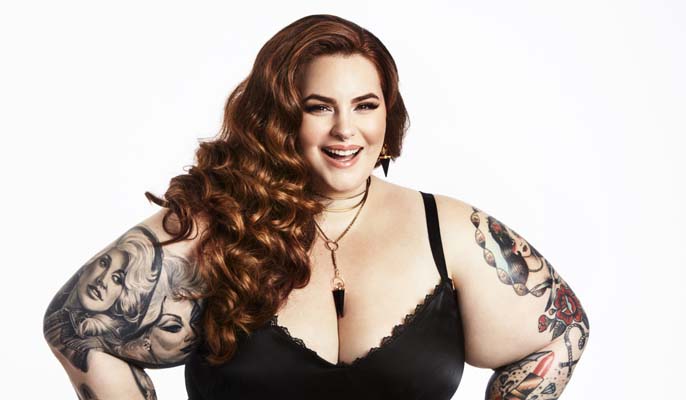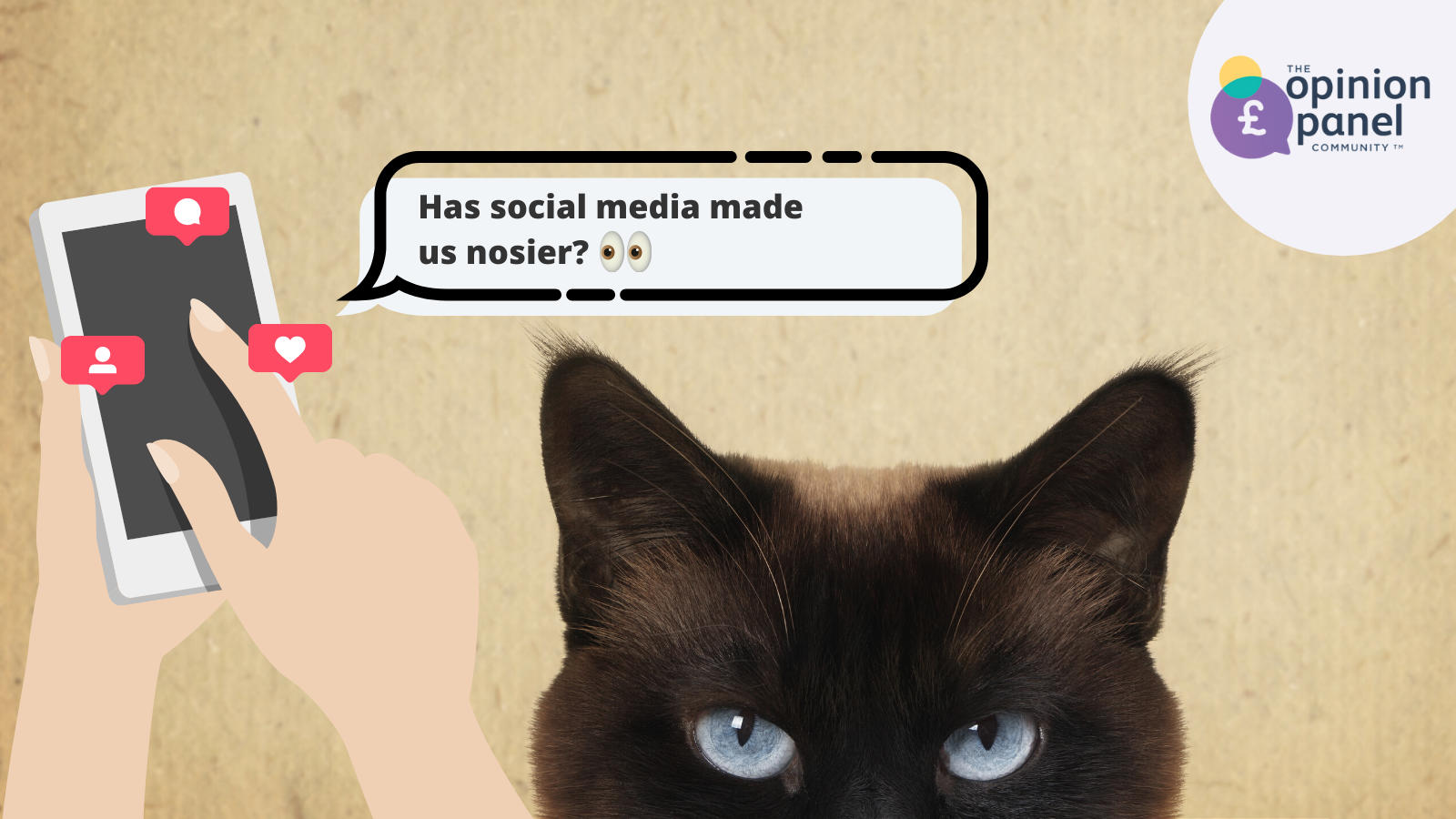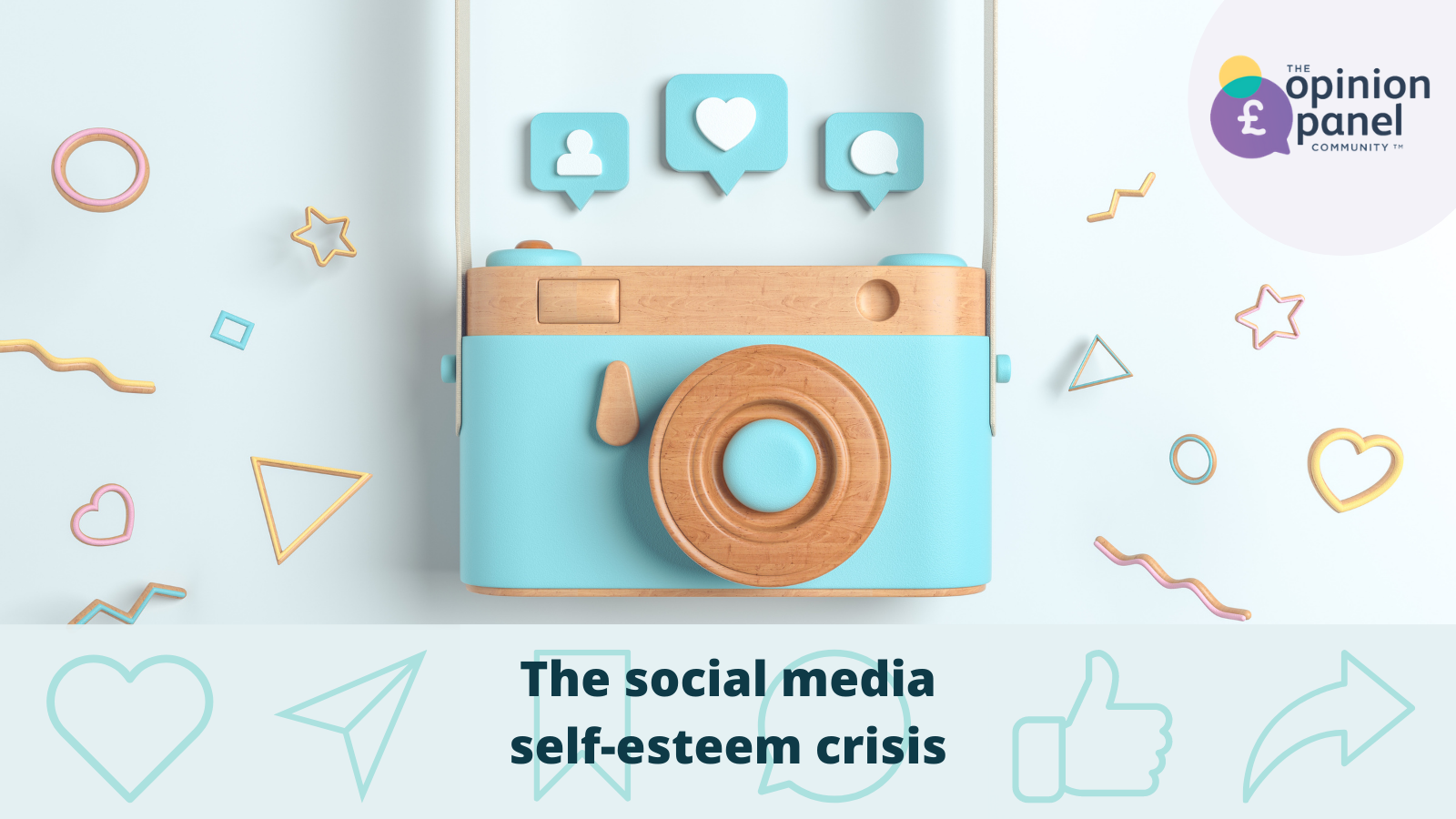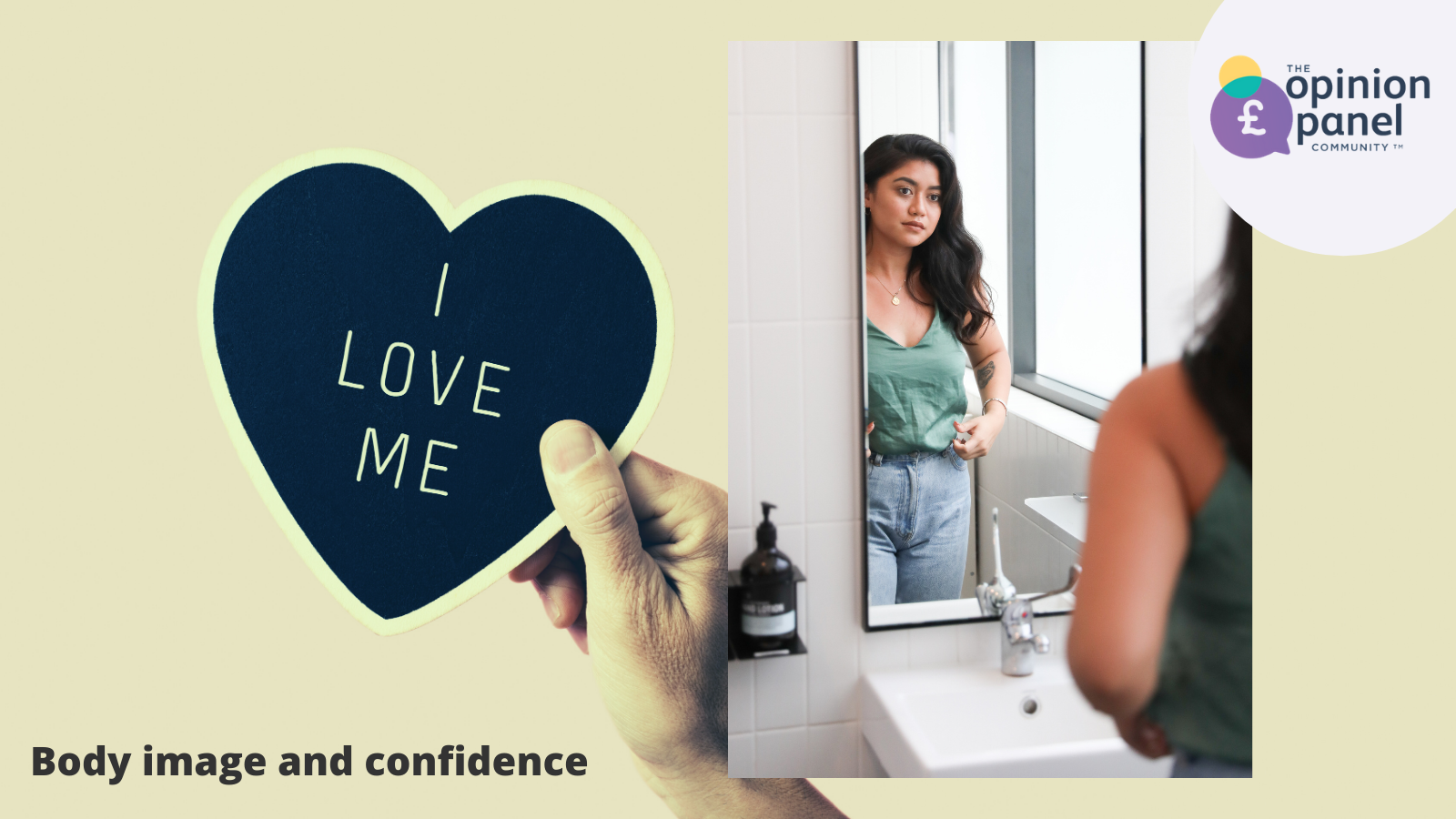
About 2 weeks ago, I watched a debate on Good Morning Britain about whether or not including models who are “morbidly obese” in music videos and magazine covers is the equivalent to glorifying a serious medical condition.
In fewer words: does the representation of extremely fat people normalise and propagate obesity? This debate was started when Angelina Duplisea was featured in Miley Cyrus’ music video for Mother’s Daughter, which was released at the beginning of July 2019.
Piers Morgan, the host of the show, argued that there is a modern trend of glorifying “morbidly obese” people in the media, citing the example of Tess Holiday, who modelled for the cover of an issue of Cosmopolitan, which he deems as dangerous for both the individual and society as a whole. Chloe Goodman, a former model and guest on the show, agreed with Morgan’s stance on the problematic nature of using medically obese models in the media, stating how “a morbidly obese person promotes an unhealthy message.” In addition, she pointed out an important double standard: if a magazine cover included an anorexic model, there would have been public outcry. Piers developed this point using the example of the trend in the 1980s of heroin chic models being used in catwalks, which the public responded with distaste, because it was “promoting and propagating an unhealthy body image.”
Undeniably, the function of the media is to represent and promote different types of lifestyles in the hope that it will lead to greater tolerance and co-existence, but how far should this extend? Where do we draw the line? Not long ago, Cancer Research UK came forward with the finding that obesity causes more cases of 4 common types of cancers (bowel, kidney, ovarian and liver) in the UK than smoking tobacco does, making obesity the second biggest preventable cause of cancer.
Angelina Duplisea acknowledged that she was not of a healthy weight, but pointed out how her health-related problems are more the consequence of her age (she’s 46 years old), rather than her weight. Also, she highlighted the hypocritical position of Piers’ on this issue: he himself is not stereotypically thin, yet he attacks another person for being an unhealthy weight.
Is this simply a case of fat-phobia, or is it an attempt to police the rhetoric about body positivity so that it doesn’t do more harm than good? I think one important thing needs to be pointed out: bigotry or discrimination in any shape or form is not acceptable, even if it’s intended for the higher purpose of discouraging people from viewing obesity as acceptable and normal.
While Piers and Goodman agreed that obese women should not be featured on magazine covers and in music videos, Duplisea disagreed with them and instead argued that “even unhealthy people deserve to be represented.” This point is critical: there are many people in the music, modelling and beauty industry who have undergone cosmetic surgery, skin-whitening procedures or used tanning beds and sunbeds, all of which could be potentially life threatening if not done carefully, and yet they are still very much represented in the media.
Overall, although I do acknowledge that obesity is a serious medical condition, and that society does need to play a larger role in promoting healthy lifestyles which are more accessible to a larger audience. I think giving obese people a space to be seen and represented is so important; fat-shaming and demonising people who are obese is not the solution to any problem, but given the impressionable nature of younger minds, it’s vital that in an effort to be more tolerant and accepting, we don’t normalise unhealthy body images.









How can you give obese people a space to be seen and represented (in the media for example) but at the same time avoid normalising an unhealthy body image? You can’t do both at the same time. Surely the goal should be to educate the ignorant people who think it’s okay to judge and comment; to teach them that everyone is equal and that calling out the flaws of another is a step in the wrong direction? That way obese people will be able to live their lives freely and move towards a healthier lifestyle void of constant criticism. That’s a better option than focusing on the obese people instead and implying that their condition is okay by creating space for them in music videos and front page covers. By doing that, the critics won’t stop talking and obese people will try and stand their ground and nothing will be solved. The obese will become ‘obese and proud’ (thereby remaining unhealthy, so that problem isn’t solved) and the critics will have even more reason to shame them (another issue that stays unresolved.) We need to mould a more humble population who don’t judge others on how they look, rather than convince the person being judged that they’re fine how they are. Of course, a black person being judged for their skin colour is perfectly fine how they are and certainly doesn’t need to change, but if part of the narrative of the ‘critics’ is a genuine cause for concern due to the unhealthy lifestyle of the individual, then the obese person needs to hear that voice – not the voice of all the people telling them they’re fine how they are, and equally not the people who are simply being rude and disrespectful. Obese people are fine how they are to the extent that they are worthy of respect just as everyone else is. They are not okay in that they are at a higher risk of getting cancer, having a stroke or heart attack, will die younger… the list goes on.
I think…it’s all about education! Having heavy set people on TV doesn’t promote an unhealthy body but ignorance towards food does, educate people on how you are this size you are. People that know more about their choices normally make better ones!
I think…being confident and chilled about your own body makes the best out of yourself. It gives you the ability to stand for your pride and your body which just belongs to you, it’s not for others to criticise for.